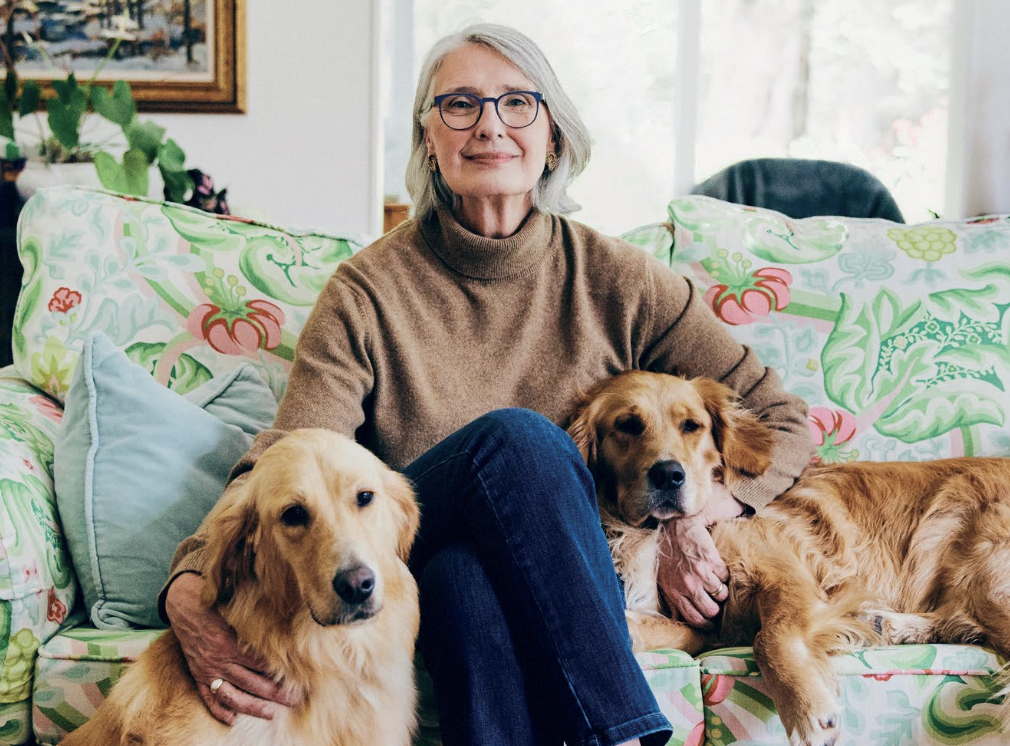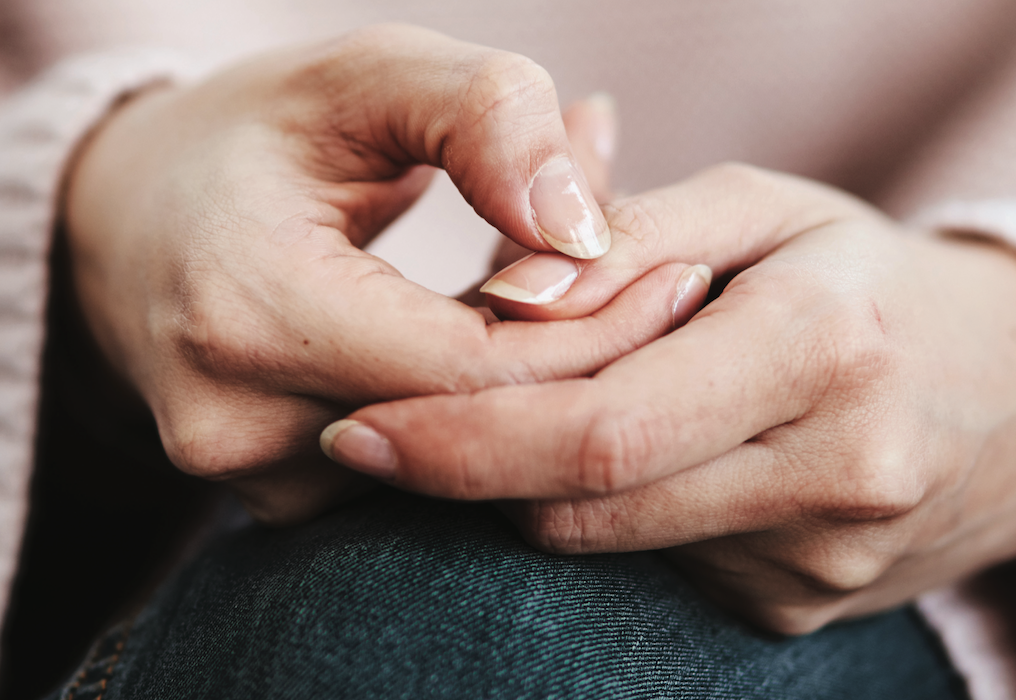From Linda Priestley, Editor-in-Chief
In her interview with journalist Caroline Fortin (Good Times, January-February 2025), author Louise Penny—whose books’ main character, Chief Inspector Armand Gamache, is partly inspired by her late husband, Dr. Michael Whitehead— said that writing allows her to spend time every day with her beloved Michael.
She also mentioned that she gets emails from people who have just lost their loved one. Here is how she replies to them: “I think of Michael as sitting in the bistro waiting for me. And I say that their husband may be there, too. And they’re sitting together by the fire. For me, these aren’t just words.”
Losing one’s partner of the past 10, 40, or 60 years is devastating in itself. Broken-hearted, the one who is left behind must face reality, handle alone the chores that used to be shared, and deal with other people’s discomfort about their new circumstances. Some wonder “Who am I without my spouse?”
In some countries, widowhood is not just a source of sorrow or a loss of identity; it’s a kind of sentence. In parts of Central Africa, women whose husbands have recently died must shave their heads and weep at set times. In India, a widow is “physically alive but socially dead,” says Vasantha Patri, a Delhi psychologist. In Jordan, a brother-in-law can seize his bereaved sister-in-law’s material goods and become her children’s guardian.
Yet these grieving widows are once and for all lifting the veil on the taboo of widowhood. In Nigeria, where widows can be thrown out of their homes, groups such as WiDO (Widows Development Organisation) have sprung up to help them regain their economic and social rights. In India, Vrindavan, the “city of widows,” welcomes those whose families rejected them after their husbands died to offer them solidarity and a hot meal from time to time. Internationally, the Loomba Foundation serves some 260 million widows around the world.
In places where customs are less grim and discriminatory but widows still need assistance and reassurance, organizations have formed to support them in their search for independence and identity. Closer to home, Soaring Spirits Canada and other community organizations play this role.
Thinking that widows are fragile means refusing to see that, as long as they can see it themselves, they are, in fact, a force of nature—especially when they get together in a bistro, in front of a fire, to raise a glass to their deceased husbands and find the courage to keep living their lives joyfully in spite of everything.
Contest
Good Times is offering you the chance to win one of three signed copies of Louise Penny’s latest murder mystery, The Grey Wolf. To participate, simply go to our Contests page and fill out the entry form before February 17, 2025. We’ll choose three entry forms at random.
Good luck!







